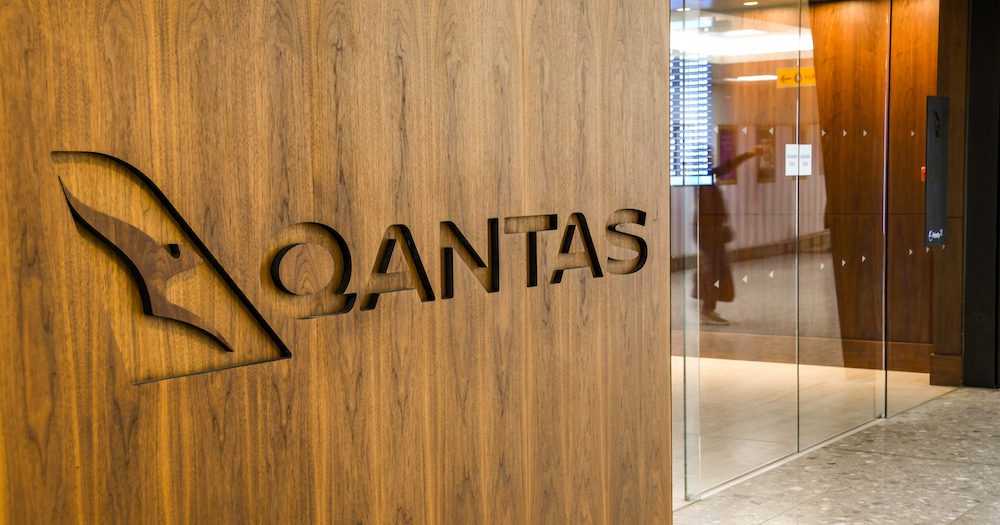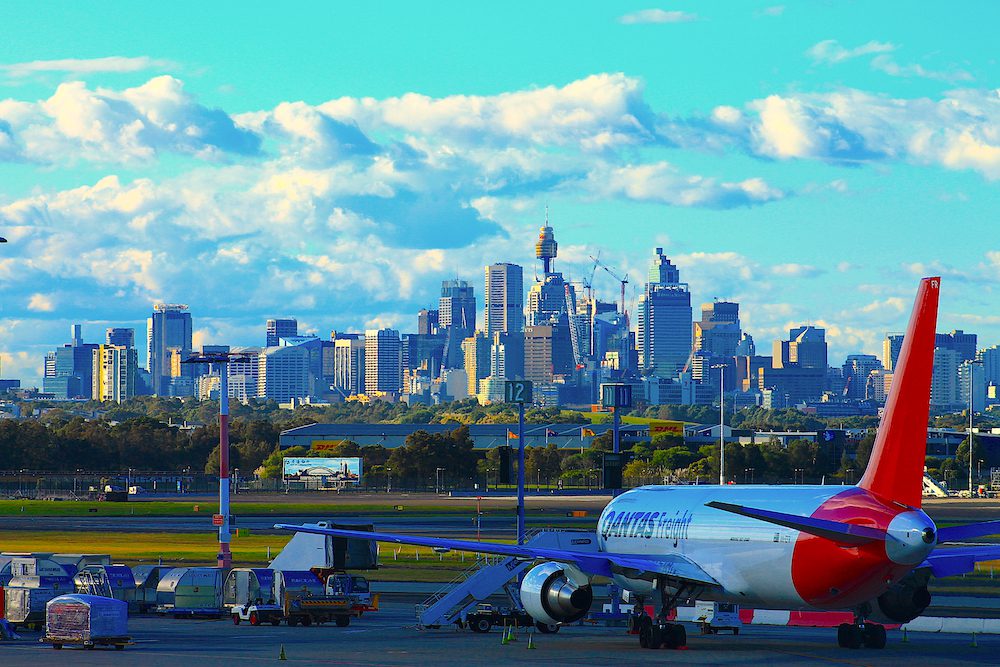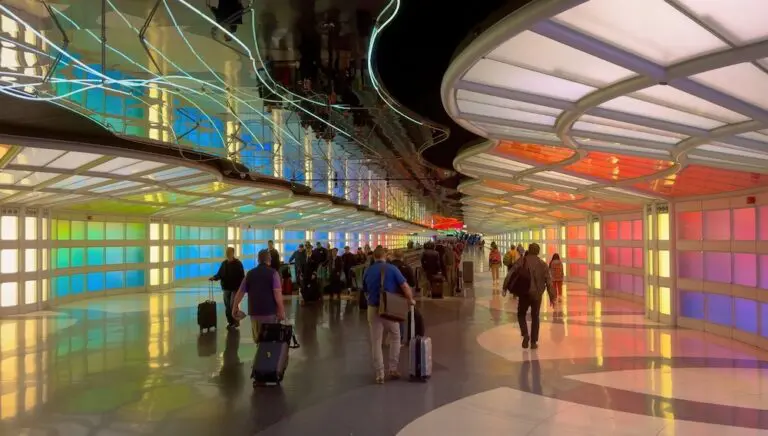Qantas has responded to the Federal Government’s Aviation Green Paper, part of a process created to help develop a 30-year strategy for Australia’s aviation industry.
The submission suggests various reforms and presents Qantas’ perspective on topics such as flyer rights, decarbonisation, noise and airport regulation, among other areas.
In its feedback, the flying kangaroo addresses the potential consequences that “permanent changes” to the industry, brought about by mostly “post-COVID service failures”, might have on customers. Most significantly, this includes an increase in costs for flyers.
“The proposal to introduce a mandatory compensation scheme doesn’t address the core drivers of delays and cancellations (which already represent a significant cost to airlines) and is likely to lead to higher fares and make marginal routes less sustainable,” the carrier said in a statement.

“A similar scheme in place in Europe hasn’t led to a reduction in disruptions, with recent on-time-performance below Australia’s.”
Despite the warning, Qantas did acknowledge “the impact that delays, cancellations and a range of other operational issues had on travellers during the post-COVID restart”.
“Qantas recognises service levels during this time were a far cry from the standards the group traditionally delivered,” it stated.
“While there is still work to do, there has been a significant improvement to operational performance. In addition, Qantas has made changes to its complaint handling process and there is a pipeline of further investment in service delivery.”
How to lower fares
In its submission, Qantas also expressed disappointment with current airport operations, which form part of an “effectively unregulated monopoly infrastructure”.
“The tactics employed by airports are intended to require the Qantas Group to accept unreasonable terms to protect its operations and customers,” Qantas said in its submission.
The flying kangaroo flags Sydney Airport, Hobart Airport and Canberra Airport as the worst offenders.
“Sydney Airport’s standard conditions of use include that they are not responsible to pay any losses, even if the airport is closed and they do not provide the promised services, including if someone is injured as a result of the closure,” it says of Sydney Airport’s “unfair terms”.

Meanwhile, Canberra Airport “threatened to have Qantas charged with trespass if it continued to use the airport without agreeing to their standard conditions of use”, while Hobart Airport refused to hold “good faith negotiations” over certain fees.
It suggested that “modest” airport reform could ultimately help lower the cost of air travel.
“While their owners deserve to make a reasonable financial return, the Group’s submission highlights examples of ‘Airports Behaving Badly’ due to the lack of checks and balances on their conduct around contract negotiation,” it said.
“Modest reform within the existing light-handed regulatory framework will unlock immediate benefits and place downward pressure on fares.”

In particular, the Qantas Group confirmed its support for reforms to the slot system at Sydney Airport. It also rejected suggestions it is hoarding slots at Australia’s busiest hub.
“Australian aviation faces some big questions over the next few decades and long-term thinking is needed to answer them. We welcome the Government’s willingness to do this work and seek a wide range of views in the process,” Qantas Group Chief Corporate Affairs Officer Andrew McGinnes said.
“Our submission makes a number of recommendations about reform, including the need for a local sustainable aviation fuel industry, guardrails for airport price setting and more efficient regulation.
“Qantas’ own service standards have improved a lot since the post-COVID restart and we know there is still more work to do.
“Our submission calls for careful thought around permanent policy changes in response to what was an unprecedented and temporary shock for the aviation industry as it came through the pandemic.”







